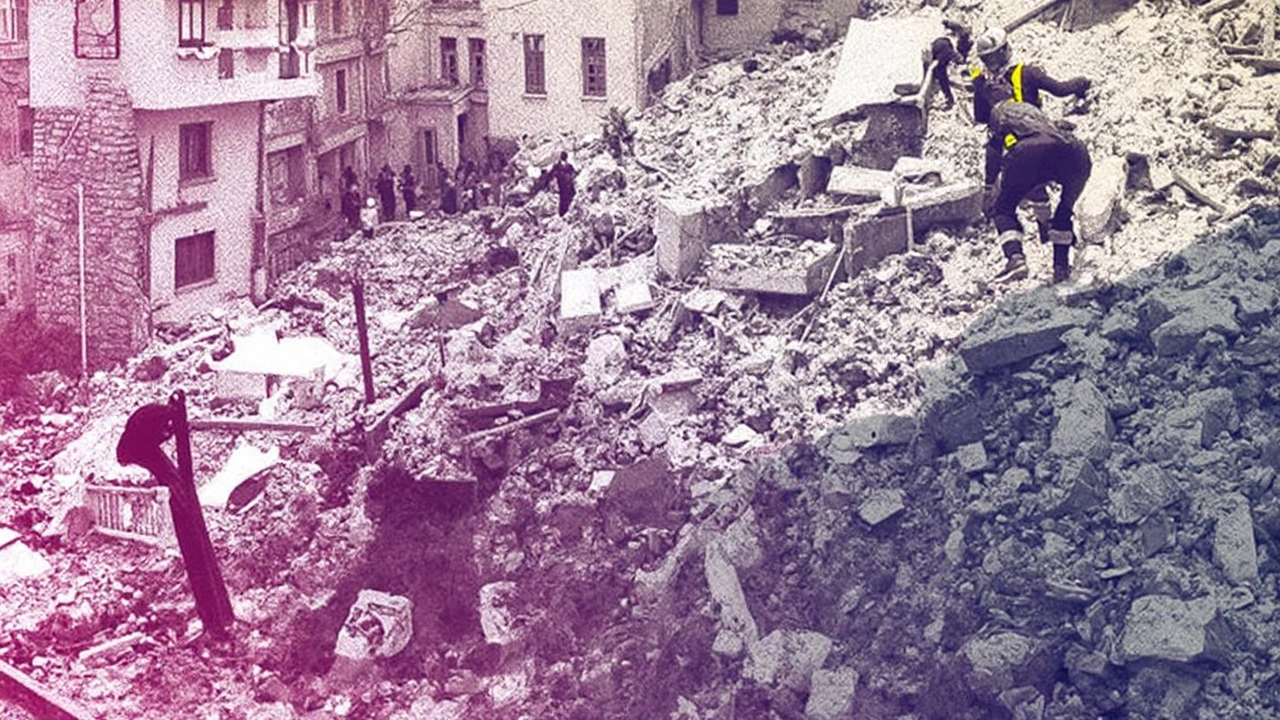When Disaster Strikes, Old Rivalries Fade
Tensions between Greece and Turkey are nothing new—sometimes it feels like they’re always one political spat away from boiling over. Yet, when the devastating earthquakes hit Turkey and Syria in 2023, the usual rules went out the window. Instead of focusing on historical disputes or border issues, Greece moved fast. And not just empty words—real action followed.
Greece’s government immediately pulled together a highly trained team: 36 firefighters, 8 medical professionals, engineers, all from the country’s Special Disaster Response Unit, EMAK. They didn’t just fly into neighboring Turkey for show; they were on the ground almost immediately, joining Turkish crews sifting through the rubble in places like Hatay, desperately looking for survivors. Every minute counted, and for both countries, it wasn’t about lines on a map—it was about human lives.
The Greek support train didn’t stop with personnel. Tons of medical supplies, blankets, tents, and emergency gear crossed the border. Greek Prime Minister Kyriakos Mitsotakis thanked EMAK members directly, calling their presence “a display of solidarity between two peoples under difficult conditions.” The gesture wasn’t just a top-down government thing. Regular Greeks chipped in, too, packing up relief packages and donating blood at rallies led by everyone from city mayors to the country’s football leagues. Even the Communist Party of Greece organized blood drives for quake victims. Solidarity truly broke out of the history books and into everyday life.
Hashtags, Diplomacy, and the Power of Neighbors
The Turkish response was heartfelt—and loud. Social media exploded with campaigns: #TeşekkürlerYunanistan, or “Thank you Greece,” and an even warmer #TeşekkürlerKomşu, meaning “Thank you neighbor.” These weren’t just token gestures. Turkish citizens recognized Greece’s quick help, and those hashtags became rallying cries for empathy, not only for survivors but also for the notion that a neighbor can be a friend, even if yesterday you argued about the fence.
There’s a word that comes up every time crises like this hit: “earthquake diplomacy.” It’s the idea that natural disasters can force countries to put grudges on pause—at least temporarily—because in those moments, the boundaries blur. Past examples abound: In the 1999 earthquakes, both countries showed up for each other, laying the groundwork for what’s now almost a tradition.
On Greek streets, donations piled up at municipal offices, schools, and football stadiums. Non-profit organizations held massive collection drives, while Greek TV and radio stations shared information on how people could help. The outpouring wasn’t just about charity—it was a powerful statement: underneath years of arguments over territory and history, Greeks and Turks understand each other in ways outsiders rarely notice.
This brush with crisis has reminded everyone that cultural bonds run deep. Even when officials go back to their diplomatic tug-of-war, it’s clear that the people themselves remember acts of kindness long after the news cycle moves on. So, in 2023, as buildings shook and lives changed forever, a window opened—one where the best side of being neighbors shone through.


